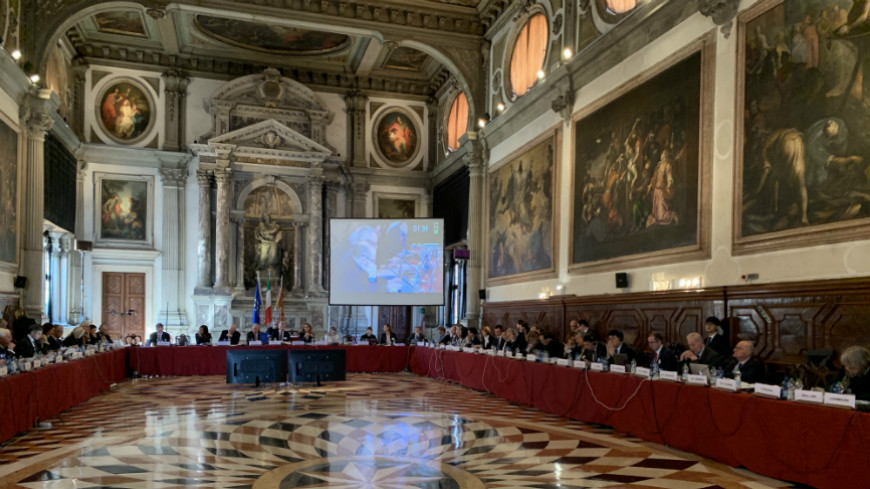The Expertise Co-ordination Mechanism (ECM) was designed to provide expertise and policy advice in the context of the programme, continued to function as an important instrument for the Beneficiaries in the region, in response to related requests from public authorities.
In this framework, the Venice Commission provided an important opinion to the public authorities in Kosovo*, upon the request of the Minister of Justice of Kosovo,Ms. Albulena Haxhiu, on whether the revised draft amendments to the law on the Kosovo Prosecutorial Council implemented key recommendations defined in the previous opinion adopted in December 2021 by the Venice Commission.
According to the published opinion, the last recommendations shared with the authorities in Kosovo do not affect the general conclusion that the key issues identified by the Commission in the opinion of December 2021 have been addressed.
Read the full opinion HERE .
* This designation is without prejudice to positions on status, and is in line with UNSCR 1244 and the ICJ Opinion on the Kosovo Declaration of Independence.


